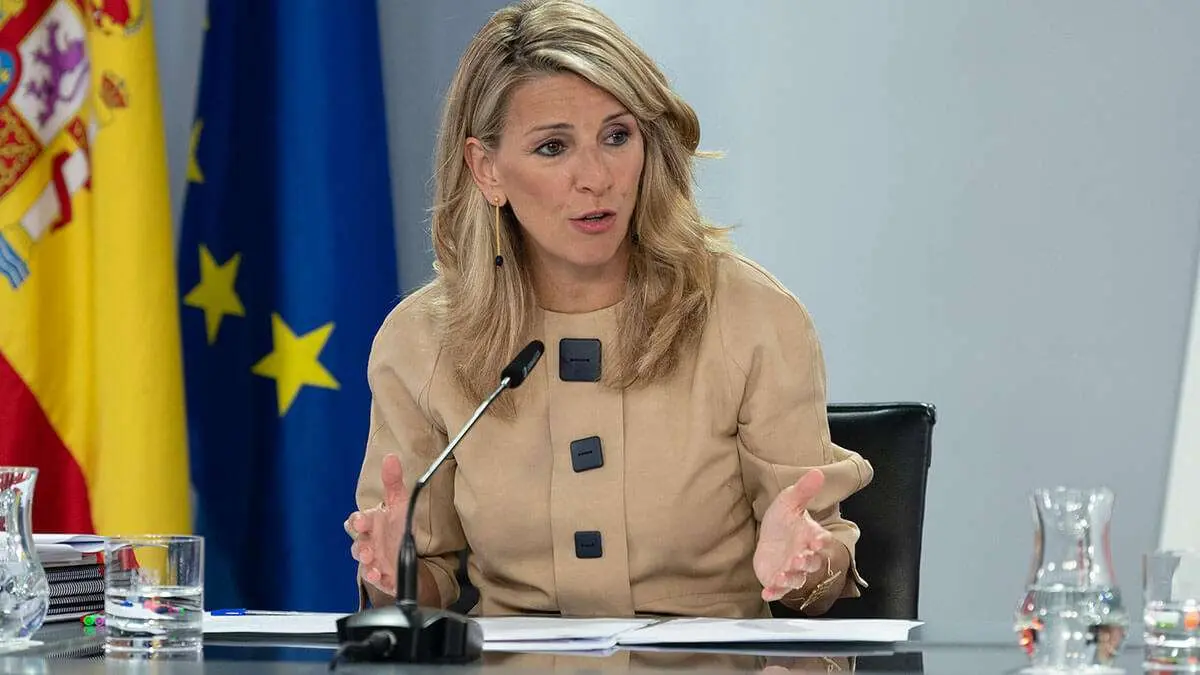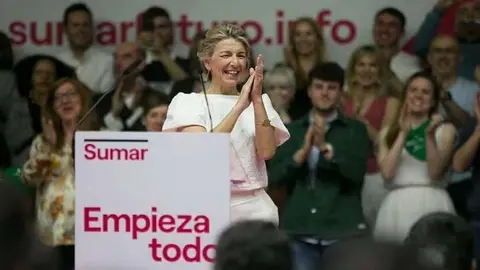Are journalists under threat?

Every time there are political elections, national or international crises, wars, stock market crashes, financial scandals, the role of the media and its protagonists, media companies in general and journalists in particular, comes to the fore. With the consequent underlying question: does freedom of the press have limits? And are journalists in danger? The political and partisan polemics seem to have no end.
Guillermo Altares, a veteran journalist who has made his career in the media that are reputed to be democratic and liberal, has just published a highly edifying book, "The silences of freedom". He argues that it cannot be said that there are dictatorships in Europe today, but what is true is that "a certain part of society lives in limbo". This is due to the fact that "there are governments in Europe that have emerged from free and democratic elections that launch the idea that those who do not agree with their ideas may see their freedoms curtailed and limited", taking refuge in a legislature that obeys them and mechanisms controlled by the government itself. In other words, media censorship and intimidating threats against journalists when they do not write what the powers that be want them to write.
Apparently, the example of Hungary, a full member of the European Union, or Turkey, an applicant for EU membership, was in the minds of the author and most readers. However, the issue has become highly topical in Spain, when the parties that make up the current coalition government or its derivatives, PSOE and SUMAR, have once again accused the media that are not of their allegiance and wayward journalists "who manipulate and misrepresent", threatening the former with closure or deprivation of funding, and the latter with expulsion from the profession and the crushing of their careers.
In the previous elections, Rafael Simancas, a conspicuous member of the PSOE and current Secretary of State for Relations with the Cortes, urged the media to state unequivocally "which party you are going to vote for". Not only did President Pedro Sánchez not call him to order, but in his mandate he made it clear that he was going to implement "a national strategy against disinformation". Over the course of his long three-year term he has called journalists liars, manipulators, spreaders of false news and so on.
The suspiciously cessationist positions of Pedro Sánchez and the PSOE have now been joined by Yolanda Díaz and her conglomerate SUMAR, with the strange idea of controlling the press and journalists "urbi et orbi". The electoral programme presented by Díaz for 23-J included censorship of the media and proposed "sanctions" and even "expulsion from journalistic careers" for those who "manipulate and misinform". The reaction of those involved to the barbarity of such unconstitutional proposals made them back down and two days later they removed it. But, make no mistake, the objective is still there. Only the form has changed.
It is difficult, if not impossible, to find such an aberration in the history of 20th century Spain. Those of us who lived through the last two decades of the Franco regime cannot forget that there was La Codorniz, Cuadernos para el Diálogo, La Vanguardia, ABC (monarchist and conservative, while critical of the regime), the YA. We can even add the publications of Ruedo Ibérico, brought from France, but which the regime knew were widely circulated.
Was there censorship? Yes, undoubtedly, but it did not mean the guillotine of thought and freedom of expression.
In conclusion, are the media in danger? No. Only apparently, because the economic and financial powers that sustain the big groups always end up accommodating the political system, and vice versa. And digital media need little finance and infrastructure. As for the protagonists, journalists, are we under threat? Yes, but not by dictatorships, but by possible governments resulting from free and democratic elections, dixit Guillermo Altares.
The question that really worries the profession is whether or not the current opposition agrees with this nonsense. One part of the opposition, the most extreme, the most radical, may not see it as such a bad thing if they are the ones in the driver's seat. But why is the vast majority of the centrist, democratic and liberal opposition electorate so silent?
It is not enough for Feijoo's ironic reflection on Yolanda Díaz's rant, saying: "What do you mean, that we are resuming censorship? Nor is it enough for the leader of the Popular Party to say that "the media fulfil their role, whether you like them or not". What is at stake are the very foundations of the Spanish democratic Constitution, and the working lives of thousands of professionals who believe in what they do. And that is not a trivial matter.


